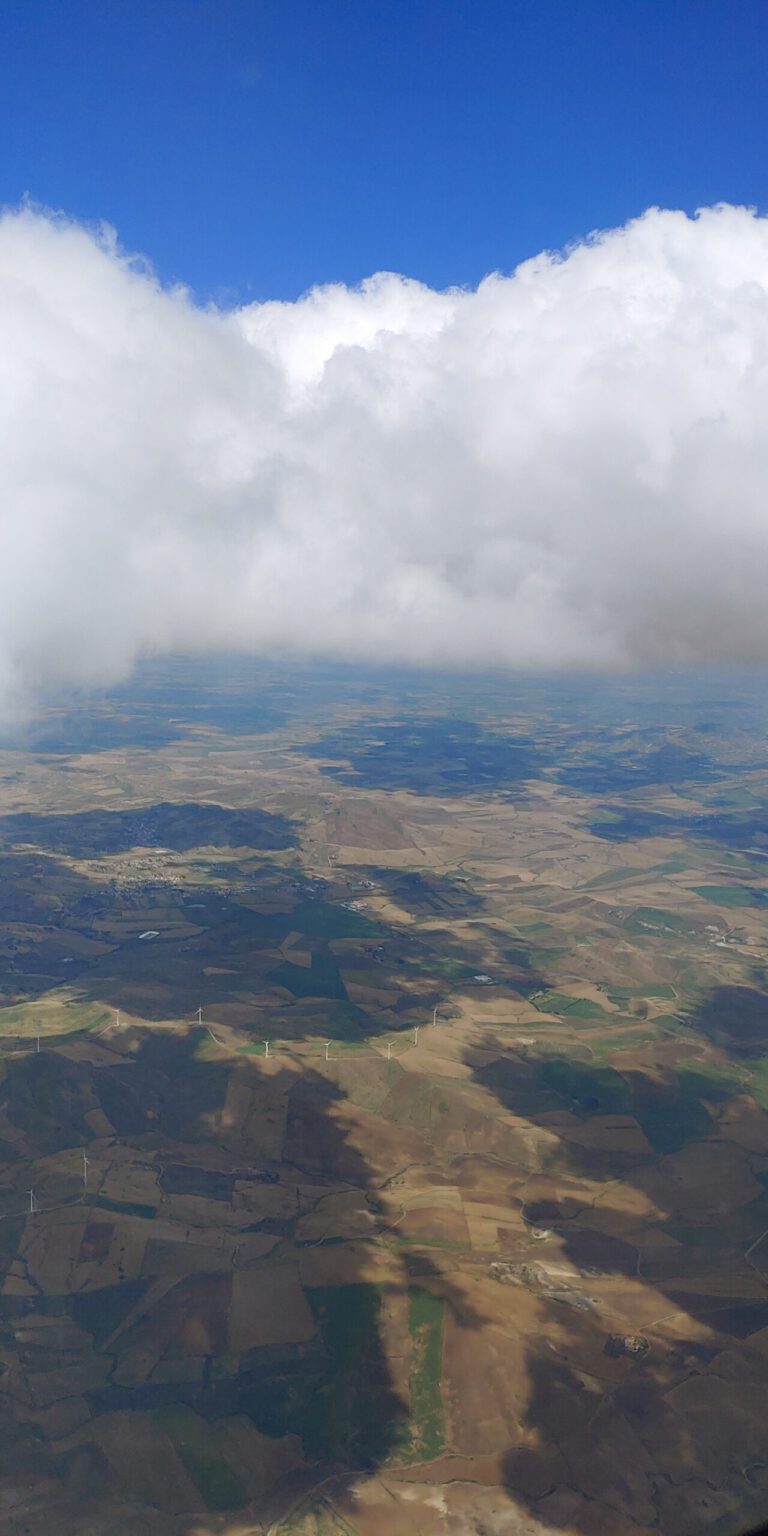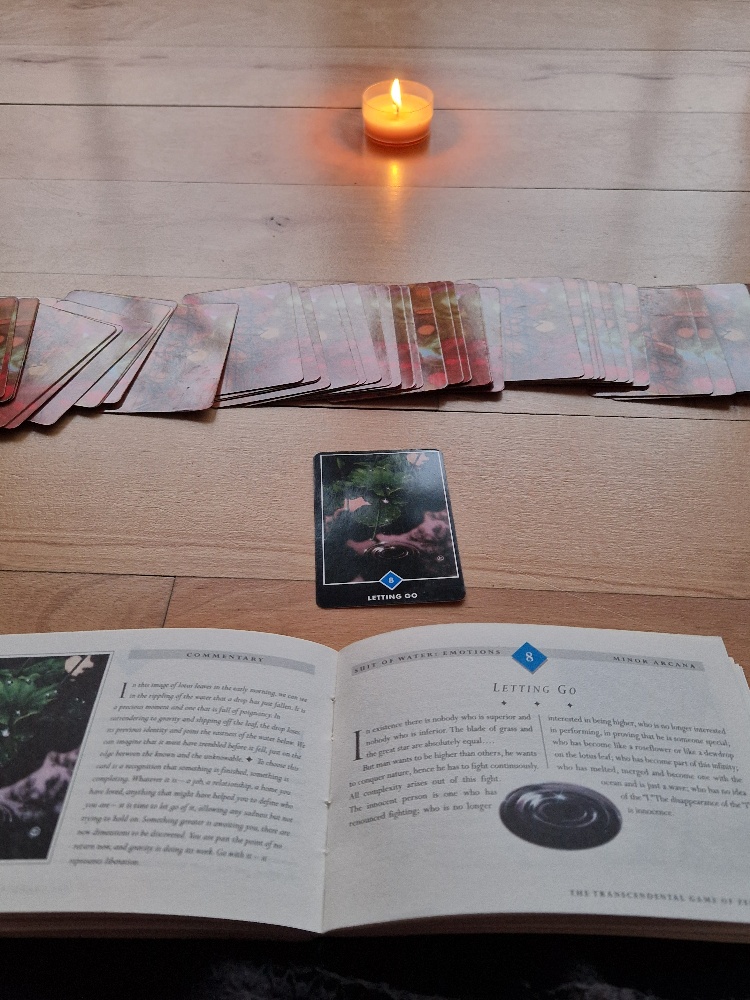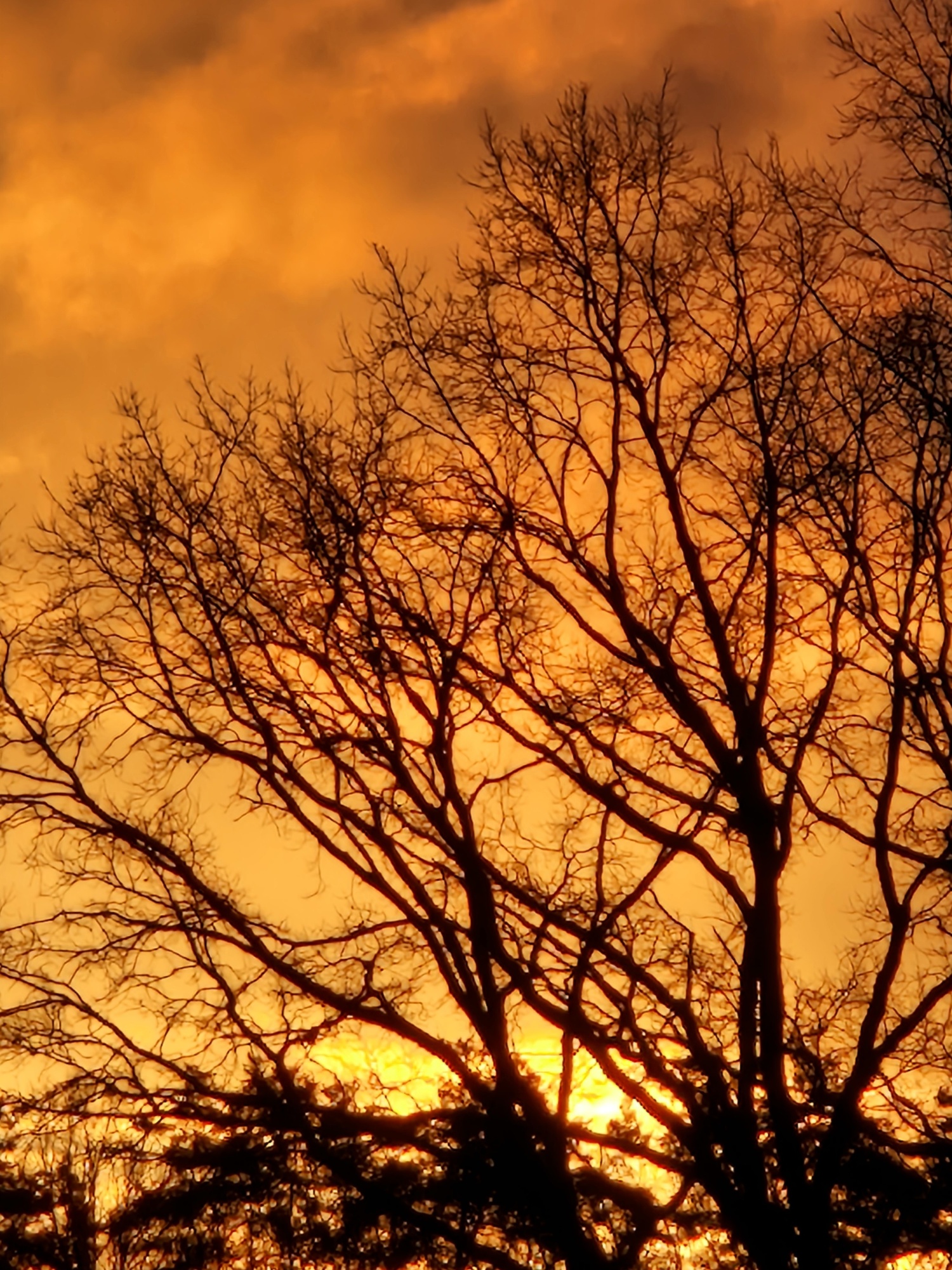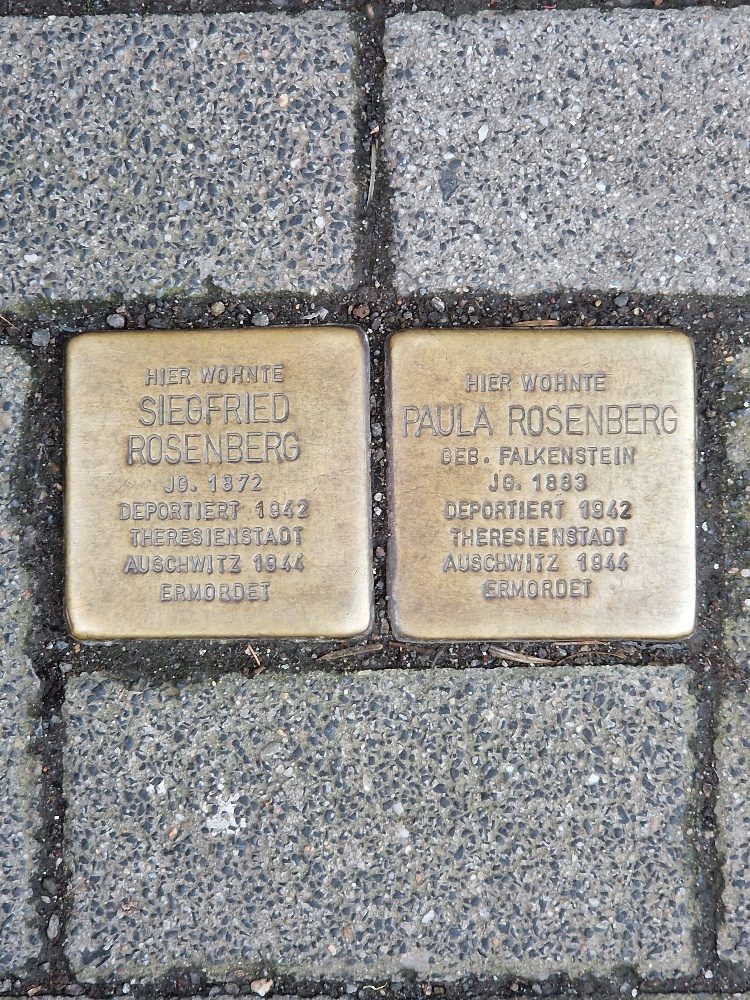We are homesick most for the places we have never known.
Carson Smith McCullers
They all lived in a kind of hieroglyphics world. The real thing was never said or done or even thought, but only represented by a set of arbitrary signs.
Edith Wharton, The Age of Innocence
I suppose some people would say we love (in order to) know we are not alone, would you?… Why love, if losing hurts so much? I have no answers anymore. Only the life I’ve lived. Twice in that life, I’ve been given that choice. As a boy and as a man. The boy chose safety, the man chooses suffering. The pain now, is part of the happiness then. That’s the deal.
C. S. (Jack) Lewis, final scene of the movie `Shadowlands´
The Greek word for `return´ is Nostos. Algos means `pain´. Nostalgia, therefore, means the pain of returning. There is no evading the backdraught of pain immanent in returning to the world of our past, even when undertaken with the salubrious intention of resolving unfinished business and healing old wounds. Pain aversion, if sufficiently strong, will prevent us from making this journey until all other options (suppression, repression, distraction, etc.) have failed.
Can we ever look back and see things as they really were? Or is there always a lens of idealisation, romanticization, or disparagement that skews our vision. It’s difficult to tell. Like C. S. Lewis, all I can say is that I have no answers; only the life I have lived.
Why look back at all? In my experience, the unfinished business of emotional wounds has been bubbling to the surface from time to time over many years. `New´, i.e., contemporary experiences of loss, suffering, or even joy, seem capable of dredging up the sum total of old unhealed wounds which, having lain ignored in darkness for so long, now beckon our attention.
Mine has been a full and sometimes turbulent life. One of the defining factors was the overwhelming nature (in my perception) of the early formative childhood years, living with my beloved parents and nine siblings under circumstances which could be described as intense.
That energy field of tension may have been transferred by my parents from their own respective families of origin, each having been one of eleven siblings, and exacerbated by their own emotional, health, and financial challenges. As children, we never know and never can know what is going on in the hearts and souls of our parents and adult carers. We simply get to deal with the fallout.
How we deal with it depends, to a great degree, on how we respond or react to the resulting pain. Here it is important to address semantics. I differentiate between pain, – which is an inevitable part and parcel of the human condition, – and suffering which we, ourselves, generate. We do so when we take up the stance of resistance to `what is´. This typically involves labelling experiences as `good’ or `bad´ and handling them accordingly.
Using this semantic delineation, pain is a natural occurrence in any given life, while suffering is entirely self-generated, whether voluntarily, by means of conscious decision, or involuntarily, as when it is directed from the more reactive or reflex-driven subconscious or unconscious realms. This realisation has been pivotal in my life.
There were long periods of suffering where I adjudged the source of this suffering to be `out there´, caused by others or by circumstances beyond my control. This stance held me captive in the victim role, keeping me stuck, preventing any onward movement towards growth or healing. There was a payback, of course; the permission not to change.
With the help of loved-ones, mentors, and wise teachers, I learned to differentiate between pain and suffering, no easy task for one who grew up in a kind of hieroglyphics world, where real things or emotions were never said or done or even thought, but only ever expressed by proxy. It was a household of slammed doors and the rolling of eyes, among the more obvious clues.
As a sensitive boy with a bright intellect, I quickly picked up on the emotional hieroglyphics and, playing by the stated ground rules of the family system, became adept at the rational processing of concepts and ideas. However, I was never granted access to the code to convert the contents of the emotional hieroglyphics into intelligible form. This applied to both my inner dialogue as well as to the interaction with others. The result was a heightened ability to engage on the purely rational level while stuck in thick fog when it came to expressing or processing emotions.
In this childhood confusion, I chose safety.
Later in life, after several decades of attempting to avoid the accumulated incremental pain by means of the seemingly promising yet vain strategies of busyness, zoning out, and self-medication, I came face to face with the realisation that the unfinished emotional business of the past simply had to be addressed. I decided to pursue this, whatever the price.
This is when the penny dropped; there was no way of doing this without re-experiencing the pain of the past in the form of emotional backdraught. What had held me back from embarking on this venture a lot sooner was my hunch that this was so.
Now, as a man, I choose pain over safety.
One insight helped me greatly as I embarked on this adventure; `This, too, shall pass´. Up to that point, I was convinced that any encounter with the evaded pent-up pain would result in eternal damnation, in the sense that I would be stuck in that unbearable pain for the rest of my life.
This new concept, however, suggested that even emotions, such as those I feared most, would come and go like the clouds in the springtime sky. Until trying this out in practice, there was no way I could know.
Some twenty years ago the opportunity presented itself. On a visit to the sauna, while preparing in the changing room, I felt that old, familiar wave of fear approaching. If it could have named itself, it would have said: `The unbearability of being´. I checked the impulse to zone out, run away, or hide. Instead, sitting down, I opened myself up to the emotional wave as it approached. Despite my best efforts to self regulate, my body tightened up with shallow breathing, sweaty palms, and dryness of the throat.
I do not know how long the experience lasted. It could have been three or twenty minutes. What I do know is that the state of discomfort and distress washed over me, tarried a while, and eventually moved on. Afterwards, I was shaken and relieved. Shaken by the power of the emotional experience and relieved to have survived it. It was at that moment that the phantom had finally lost its power over me. I knew the wave could be ridden without mortal consequences.
This was the beginning of a long, incremental `getting better at feeling´ process which began to gradually replace my previous obsession with `feeling better´. Getting better at feeling, which involves allowing the entire array of feelings, – even sometimes apparently contradictory feelings, – to simply be, without needing to supress, deflect, or transform them into suffering, is an accurate description of the emotional healing process.








